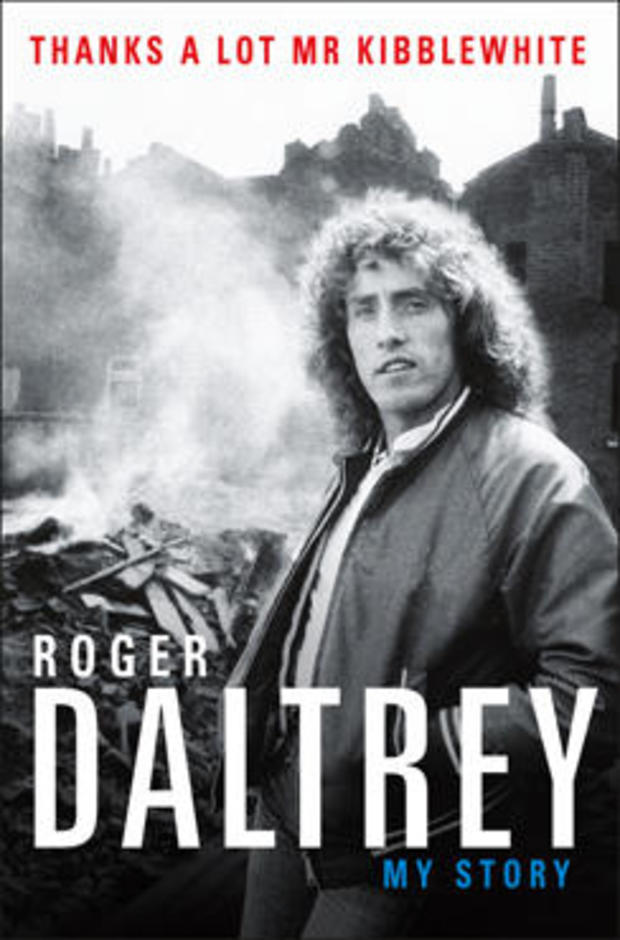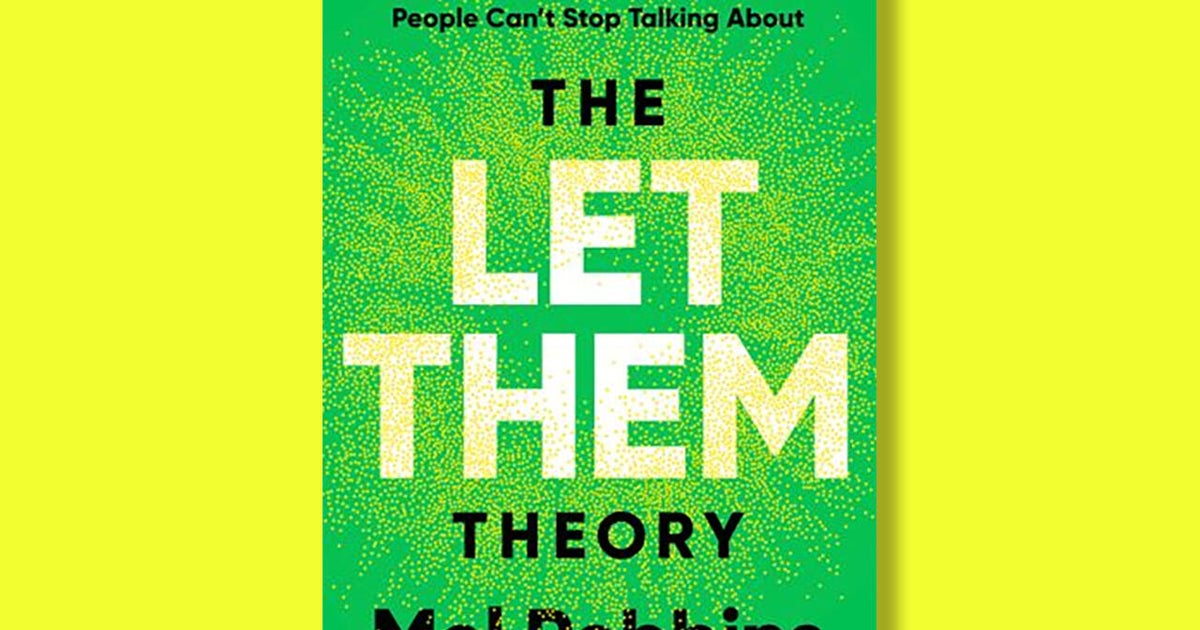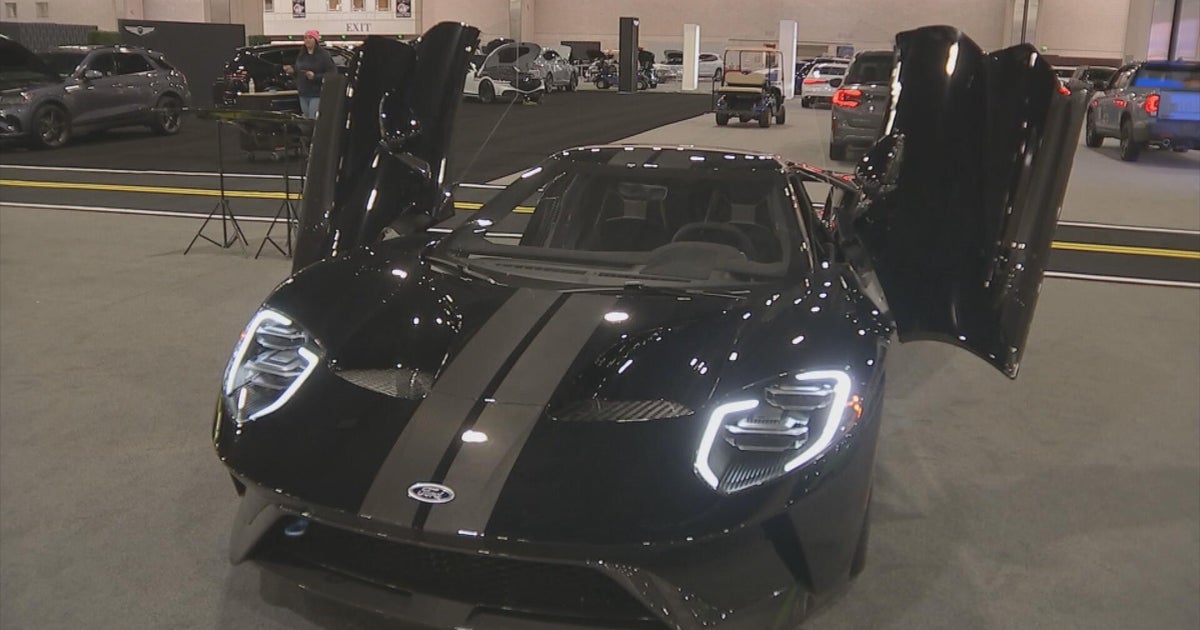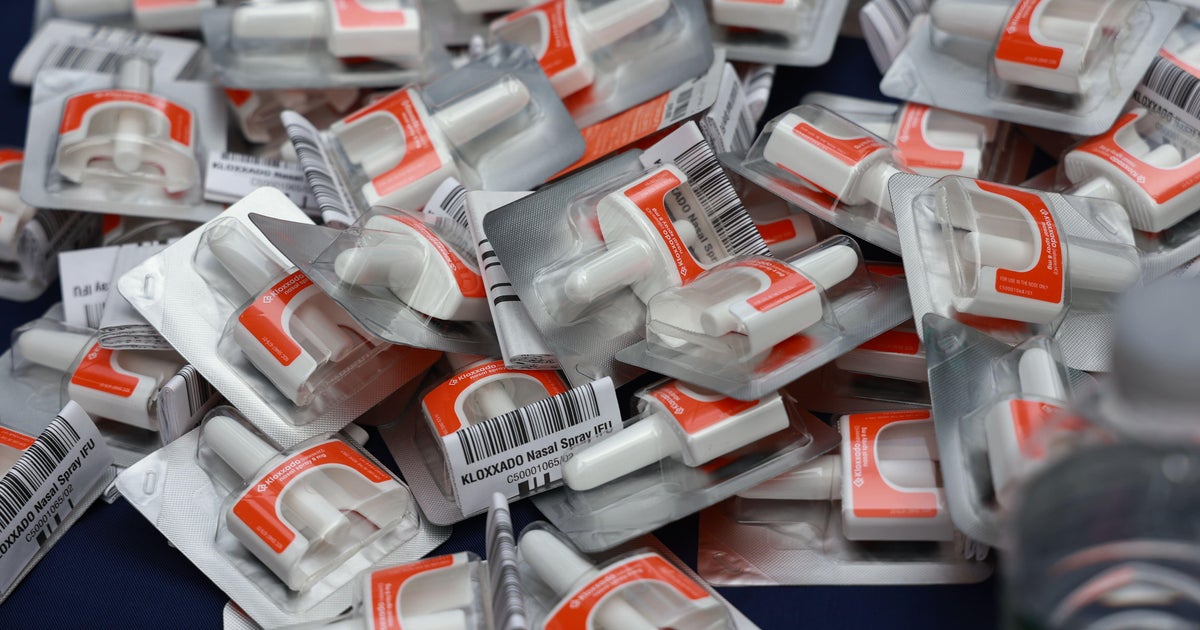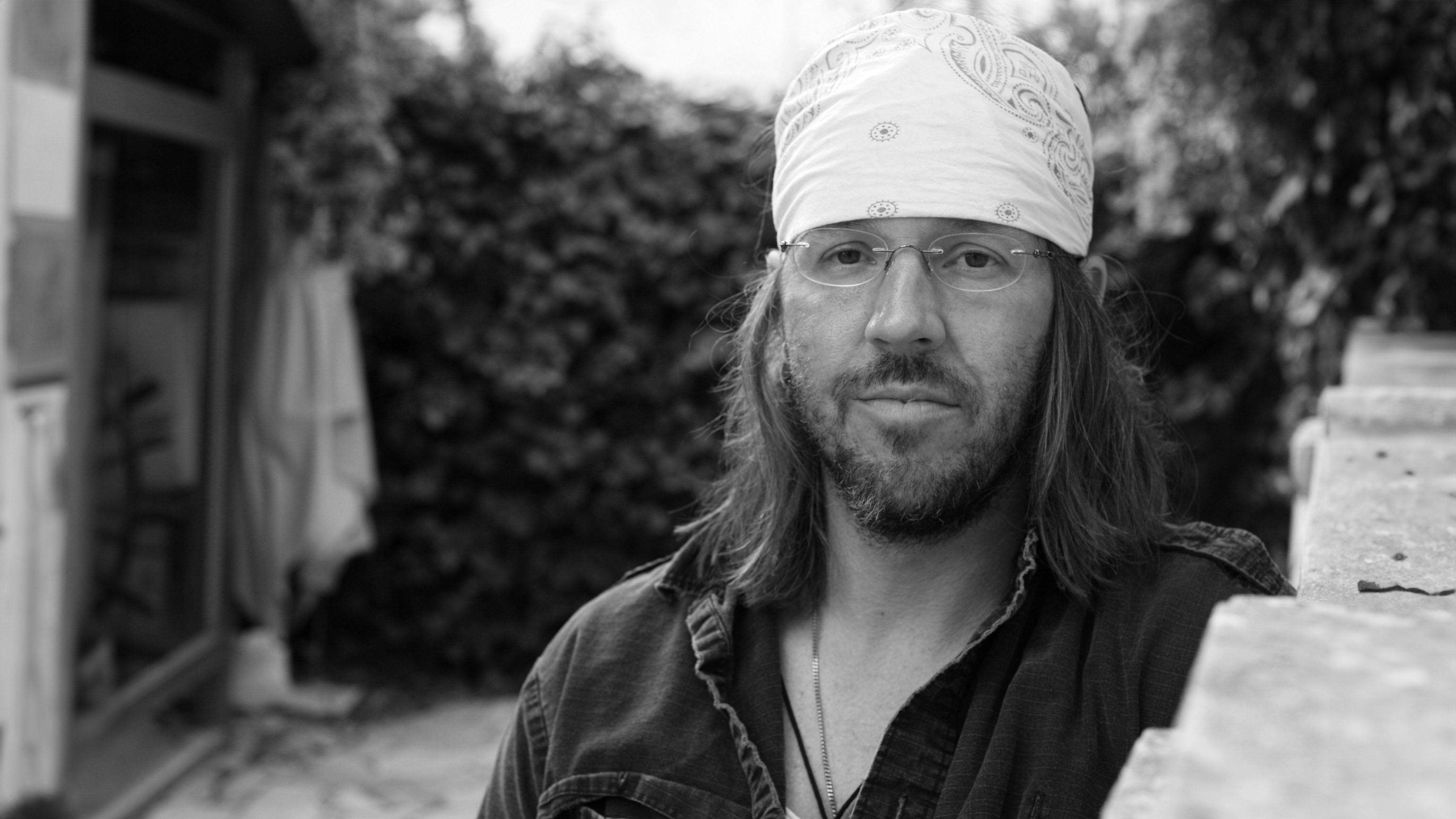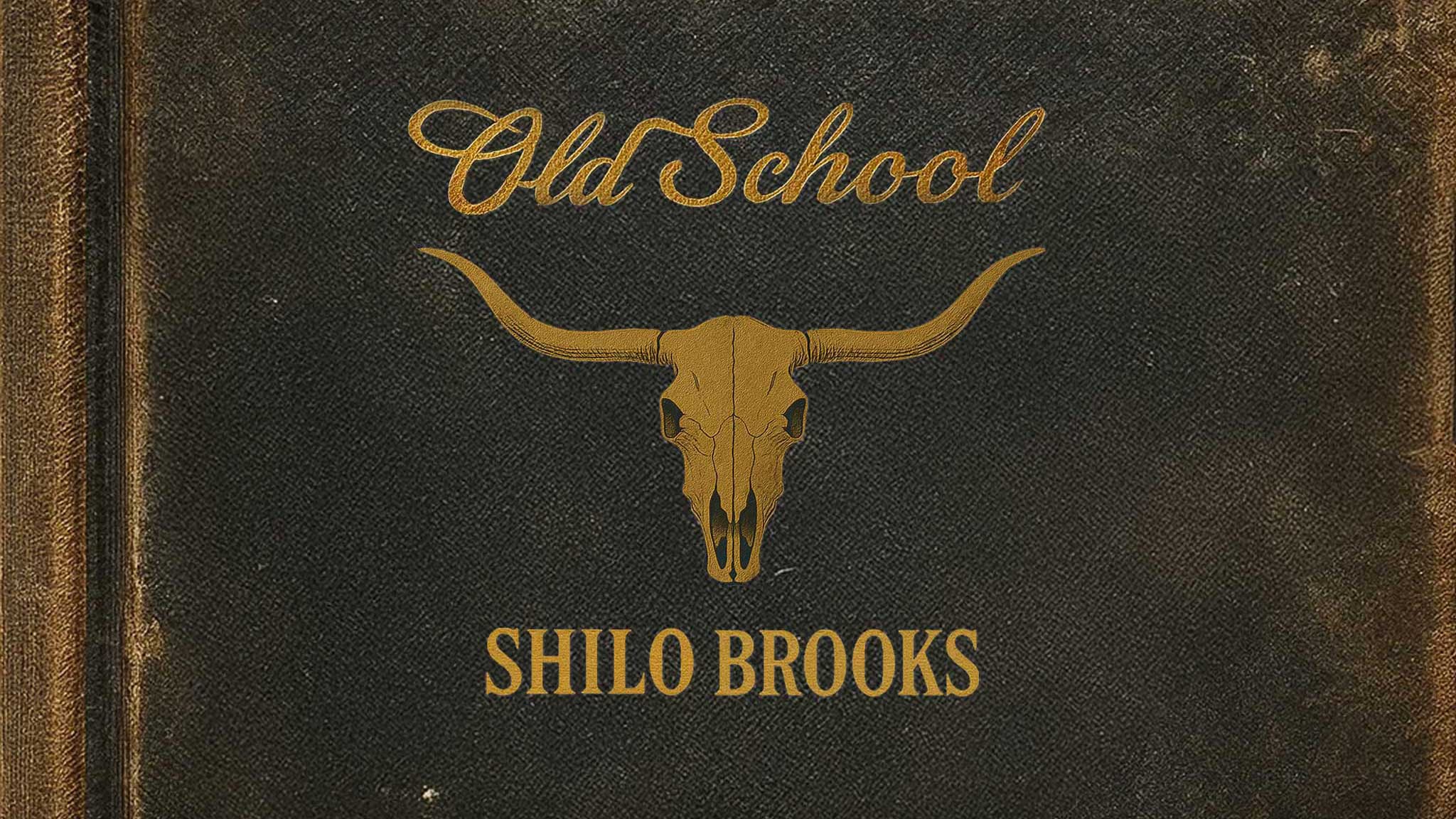Book excerpt: Roger Daltrey's "Thanks a Lot Mr. Kibblewhite"
Formed in 1964, The Who almost didn't make it to the recording of their debut album, owing to a fallout between Roger Daltrey and his bandmates (Pete Townshend, John Entwistle and Keith Moon) over their drug use. The group broke up briefly, then reached a detente: no drugs before a show or onstage.
In this excerpt from his new memoir, "Thanks a Lot Mr. Kibblewhite: My Story" (published by Henry Holt and Co.), Daltrey writes about recording the title track of 1965's "My Generation," named by Rolling Stone magazine as the 11th greatest song of all time.
Read the excerpt below (you can listen along to an excerpt from Roger Daltrey's audio book recording), and don't miss Jim Axelrod's interview with Daltrey on "CBS Sunday Morning" November 11!
Roger Daltrey reads from "Thanks a Lot Mr. Kibblewhite"
On October 13, 1965, two weeks after we split up, two days before we got back together again, we arrived at IBC studios in Portland Place to finish our much-delayed debut LP. I think the atmosphere was quite frosty, which was a good thing because we were going to record "My Generation." Pete had written the song six months earlier, after the Queen Mother got his Packard hearse—yes, he had a hearse—towed from outside his flat because it'd reminded Her Majesty of Her Majesty's late husband.
That was just the sort of thing that could wind him up for a week. How dare she.
The first demo he played us was much slower. More of a chink-a- chink-a-chink Bo Diddley number. I didn't like it. Kit wasn't sure either, but he told him to keep going. The second demo had the key changes and the call and response, but it still didn't feel right.
Then we got to IBC studios and Keith just stuck it on the onbeat, which gave it the kick up the arse it needed. That was the thing about Moon—he was never a conformist drummer. He never practiced. He just did it. When you tried to pin him down to a straight four-four time, it was impossible. He could do it but it killed him to do it. The whole reason for his genius was the absolute, utter anarchy. So he was off, on the onbeat, full of aggression. I tried to follow him and I stuttered on the first line. Next take, I corrected it, but Kit popped out and said, "Keep it. Keep that in." Pete had a long "fffff" in the demo. "Why don't you all ffffffffade away?" But it wasn't a stutter. Not until Kit came out and said keep it. "Keep that blues stutter." And it worked. To me, it wasn't a sign of weakness. It wasn't a slip of the tongue. It was aggression, pure aggression, pushed forward by that onbeat. Bottled-up rage, barely controlled, spilling out onto vinyl, shouting I hope I die before I get old.
Almost all the great things that happen in studios are accidents, and that's when you've got to rely on your producers to spot the ones that work and the ones that don't. Pete always hated Kit's production. I understand technically why Pete didn't like it. Some of the mixes Kit did were terrible. He was always a bit bass-light, which used to upset John, but recording circumstances were difficult in those days. We only had a three-track recorder—eight-tracks were still three years away—so we didn't have a lot to play with. But Kit was incredibly adventurous. He'd fly in, throw everything at the wall, tear it down, and rebuild it. We'd do layers and layers. We'd do harmonies all over the place, building them up by bouncing one track onto another on those three-tracks. This allowed us to get the backing vocal harmonies sounding like we were a twelve-piece vocal group. The price to pay for this was that these things had to be mixed at the time of recording and that mix could never be changed. Put on too much echo and the result was permanent.
"My Generation" didn't need all that. It just needed a punch. It was another street song, like "Anyway Anyhow Anywhere," and I think, Zen ducks aside, we were all in the mood for a bit of aggression. We were in the mood to tell everyone to f-f- f-fade away. So the stutter stayed, we crashed through the rest of the album, and we went home.
The track was released at the end of October and the album came out on December 3. It should have been a great end to the year, but it wasn't quite like that. I was still the enemy. Everyone was talking about leaving. Keith and John were going to do their own thing. Keith asked Paul McCartney if he could join the Beatles. "We already have a drummer," said Paul. Then he was going to join the Animals. Then he was going to join the Nashville Teens. Pete was going to join a supergroup with Paddy, Klaus, and Gibson.
The legal battles didn't help. Kit and Chris had fallen out with Shel Talmy. For five months, they were in and out of the High Court, trying to break Talmy's contract, and all that time we couldn't release any more music. Given that the average band lasts eighteen months and we were far more volatile than the average band, five months was a lifetime.
But we just kept gigging. We played our last show at the Goldhawk Road Social Club on December 3, 1965. This had been our home turf since the beginning, so it's been described as an important moment. A turning point. The night we left our mod roots behind. It certainly wasn't a particularly salubrious night. Someone remembers a bouncer with a big stick on the end of a chain. But there was always a bouncer and they never needed big sticks on chains. They were massive. And I think the audience has made much more of it than we did. We weren't leaving them behind. We were moving on because we couldn't get them all in the place. I wasn't moving on from being a mod either because I was never a mod in the first place.
I've always been the same through my life. I never liked uniforms. When everybody else was wearing mod gear, I'd wear a leather jacket. And when they were wearing leather jackets, I'd wear a suede coat. We might have been the mod band. Dressing like a mod did the job for a while. But I didn't feel that we had to answer to anybody. I felt, and Pete did, too, that by the time we were making our own music, people were following us for that, not how we dressed.
Excerpted from "Thanks a Lot Mr. Kibblewhite: My Story" by Roger Daltrey. Copyright © 2018 by Roger Daltrey. Reprinted by permission of Henry Holt and Co. All Rights Reserved.
For more info:
- "Thanks a Lot Mr Kibblewhite: My Story" by Roger Daltrey (Henry Holt), in Hardcover, eBook and Audio formats, available via Amazon
- The Who (Official site)
